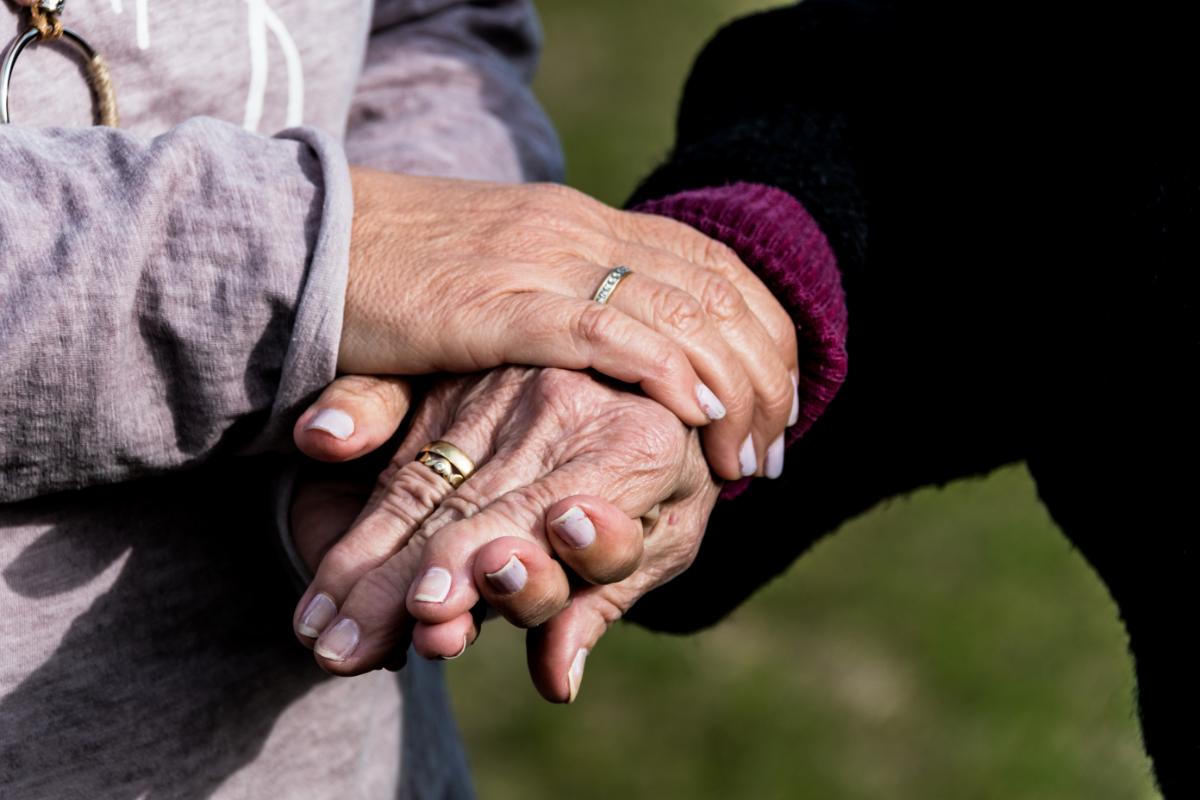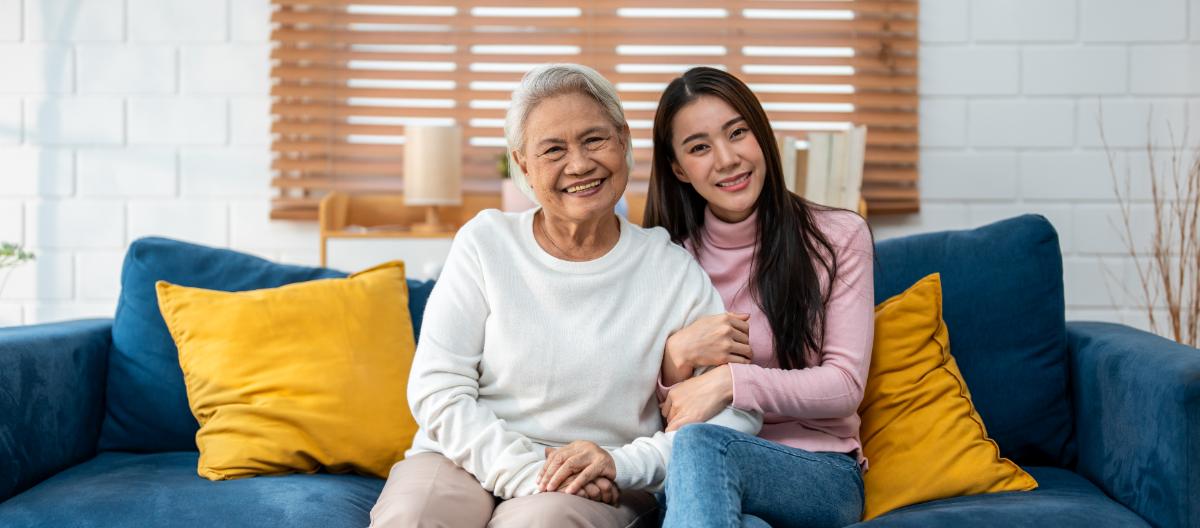When my parents were diagnosed—my father with Alzheimer’s and my mother with Lewy Body Dementia—I thought I knew what to expect. I had done the research, spoken with doctors, and joined a few online groups. But nothing prepares you for the emotional depth and daily realities of caregiving until you’re living it.
Now, after years of walking this path, I often find myself thinking: “I wish I had known that sooner.” So today, I’m sharing some of the most important lessons I learned—honestly, vulnerably, and from the heart. If you’re just starting your journey, maybe these words will help lighten the load, even a little.
- It’s Okay to Grieve While They’re Still Here
One of the hardest emotional truths? You start grieving long before the person is physically gone. Each change, each forgotten face or word, feels like a small goodbye. I wish someone had told me that anticipatory grief is normal—and that feeling heartbreak doesn’t mean I’ve given up on them. It means I love them deeply.
- You Can’t Do This Alone (and You Shouldn’t Try To)
For far too long, I wore the “strong caregiver” badge like armor. I thought asking for help meant I wasn’t doing enough. But burnout crept in, slowly and then suddenly. I learned—sometimes the hard way—that support isn’t a luxury; it’s a necessity. Whether it’s friends, family, a therapist, or a local respite program, please take the help. You’re not weak. You’re wise.
- The Person Is Still There, Even If They Can’t Say It
There were days when my mom stared right through me, silent or confused. And yet, a small spark would show up when I played her favorite hymn or handed her the quilt from her childhood. I wish I’d known sooner that connection doesn’t always look like conversation. Love exists in a look, a hum, a squeeze of the hand.
- Routines Are Anchors in a Disorienting World
I used to think flexibility would make things easier. But I discovered that a simple, consistent routine—same breakfast, same playlist, same seat by the window—offered stability for both of us. Routines don’t restrict; they soothe. I wish I’d embraced them earlier.
- Guilt Will Come—Be Kind to Yourself Anyway
Some nights I went to bed replaying everything I “should” have done: more patience, a better tone, a different decision. Guilt became a familiar companion. What I know now is that caregiving is an act of constant imperfection, and that’s okay. You are doing your best. That is enough.
- The Little Joys Matter Most
There were good days—surprisingly good ones. Like when my dad lit up at the smell of cinnamon rolls or my mom laughed at a silly joke. I wish I had focused less on the decline and more on these sacred, fleeting joys. They are not small. They are everything.
- You’re Allowed to Have a Life, Too
Caregiving can take over everything—your time, identity, relationships. I lost myself for a while. But I learned that keeping parts of “you” intact—your hobbies, friendships, sense of humor—is not selfish. It’s necessary. You’re still here, too.

Final Thoughts
Dementia care is one of the most profound experiences I’ve ever lived through. It’s messy and beautiful and heartbreaking all at once. There were mistakes. There was love. There was resilience I didn’t know I had.
If you’re on this journey, please know: You’re not alone. And while the road may not get easier, you will grow stronger. You’ll learn what matters most. You’ll become more tender, more courageous, more human than you ever imagined.
And maybe—just maybe—you’ll find moments of grace in the chaos. Moments that remind you: love is never lost, even when memory is.



